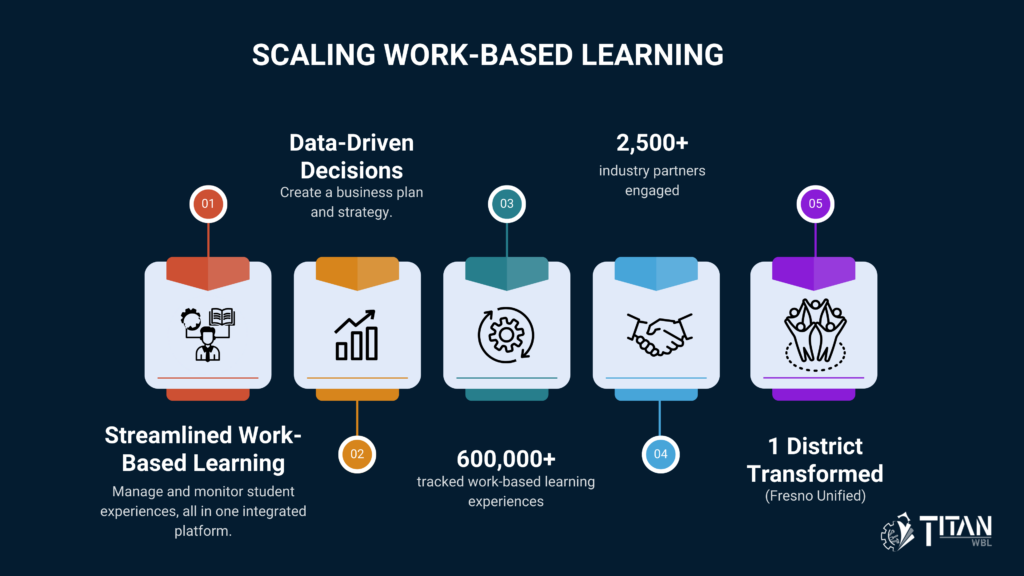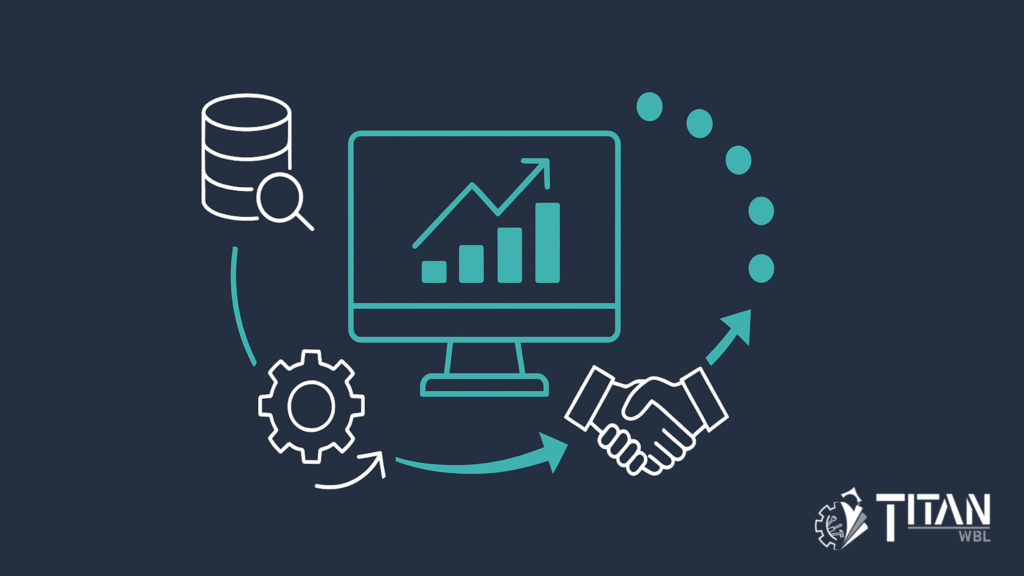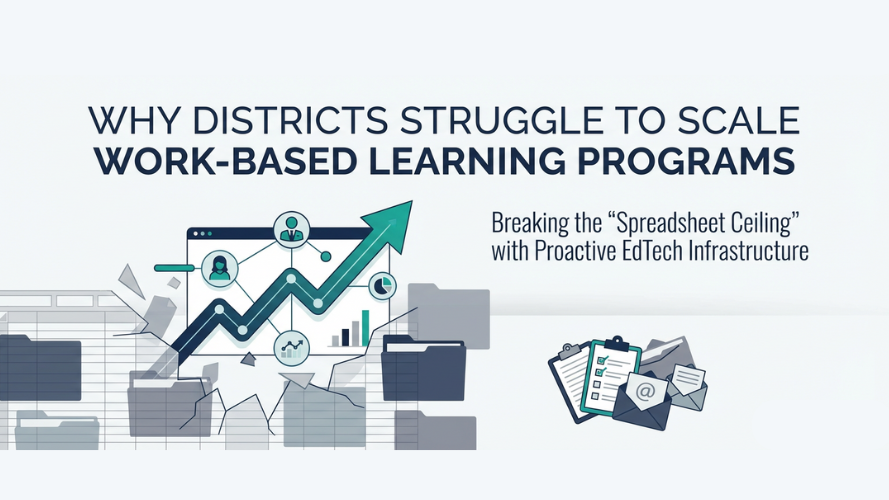The Power of Hands-On Experience: Why Work-Based Learning is Transforming Education
Work-based learning (WBL) is a powerful approach to education that bridges the gap between classroom theory and real-world practice. With WBL, students actively participate in internships, apprenticeships, job shadowing, and other workplace experiences. This isn’t just about a side job; it’s about integrating career exploration and skill development directly into the learning process.
Why Work-Based Learning Matters
Here are some of the key benefits WBL programs offer students, employers, and schools:
- Skills Development: Students acquire crucial technical and soft skills that translate directly to the workplace. This includes communication, problem-solving, teamwork, and adaptability – the exact qualities employers value most.
- Career Exploration: WBL helps students discover their interests, test out potential career paths, and make informed decisions about their future.
- Bridging the Gap: WBL breaks down the disconnect between what’s taught in school and the skills needed in the workplace. This ensures a smoother transition for students after graduation.
- Boosted Engagement: Hands-on learning makes education relevant and exciting, increasing student motivation and engagement.
- Community Connections: WBL fosters strong partnerships between schools, businesses, and the community, creating a win-win for everyone involved.
- Talent Pipeline: Employers gain access to a pool of skilled, motivated young workers, while helping shape the future workforce.
Success Stories: Real-World Impact
The benefits of WBL aren’t just theoretical. Studies consistently show that students who participate in these programs have higher graduation rates, better career prospects, and increased earnings potential. For instance:
- A report by the Brookings Institution found that WBL experiences can lead to stronger feelings of goal achievement and greater career satisfaction (https://www.brookings.edu/articles/work-based-learning-can-advance-equity-and-opportunity-for-americas-young-people/)
- This study from Strada Education Network highlights the positive impacts of WBL on post-graduation earnings and career confidence. (https://cci.stradaeducation.org/pv-release-march-16-2022/)
Getting Started with Work-Based Learning
If you’re a student, reach out to your school counselor or a CTE program to get involved. If you’re an educator, consider exploring how to integrate WBL opportunities into your curriculum. Businesses can partner with local schools to create rewarding WBL experiences.
The Future is Bright
Work-based learning is a rapidly growing trend in education, and for good reason. By giving students real-world experience and connecting their learning to future careers, we’re empowering the next generation and preparing them for a fulfilling life.
Let me know if you’d like to make this blog more specific to a particular audience (students, educators, employers) or if you want me to include statistics or specific examples of successful WBL programs!





Comments are closed.